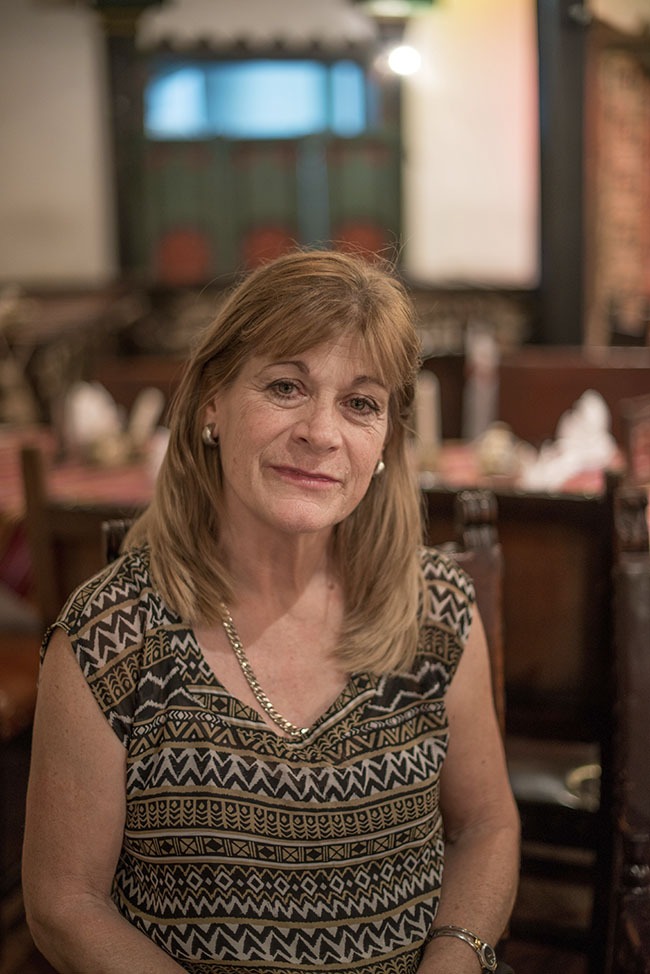On September 6th, 2015, Guatemala’s Supreme Electoral Tribunal confirmed that La Antigua had now elected a mayor, (The municipio had had only an interim mayor since 2012.) And for the first time in the city’s almost-500-year history, starting on the 14th of this month, a woman fills this important position: the Architect Susana Heidi Asensio Lueg of the civic committee Antigua en Buenas Manos (Antigua in Good Hands).
Qué Pasa had the opportunity to talk with the new Mayor to learn more about her plans for La Antigua.
Besides the satisfaction of finally reaching La Antigua’s City Hall after several attempts, why do you want to be at the head of one of the most difficult municipios in the country?
I’m an Antigüeña by birth. I lived in the La Merced neighborhood – where La Canche already had her shop, I studied with some of my cousins at the Constancio C. Vigil colegio, and rode my bike all over town. My childhood was spent in what was a very different city from the one we see today.
I look at the city today and the ills that plague it, and I’m disturbed. The city government is in charge of articulating intentions and improving people’s lives, and as an Urban Planner – we planners are cities’ physiologists – I know that my training can help La Antigua to improve and leave many of its problems behind. I think La Antigua can be a city that’s complete, productive, and competitive – at a tourism level – with other important cities around the world.
In your personal life: as a woman, what challenges does this job represent and how does it affect you?It definitely affects me in the amount of time I can spend with my children, my family. As a woman – and as part of the group of women who develop professionally outside the home – the greatest difficulty is not being able to spend as much time with them as I want.
In the new city government which you proposed in your election platform, what would be the role of young people who want to work with you?
As part of one of the youngest countries in the world, we can generate more job opportunities for young people. Their energy, their new skills and knowledge, and how they’ve grown up with technology and can take advantage of it to have more information and be able to make decisions differently – City Hall needs this youthful strength in order to create change.
Lent and Holy Week are approaching. What do you think is the challenge that must be overcome during this period of the year?
Bringing about positive change with such a short amount of time for preparation will be a trial by fire. The priority is to improve traffic during the period – which is why we’re proposing that parking be established outside the city with transport provided for visitors from there into the city.
I think it’s possible to manage the city’s appeal and tourist draw during that time of year, and it can have benefits for Antigüeños, as well. So, it’s important to clearly communicate all of the Municipality’s plans, and citizens must be informed of any changes.
Regarding the issue of security, how will the Municipality be involved in order to improve the situation?
Safety is important in La Antigua and – although it’s not the city government’s direct responsibility – we will be more involved with it than simply selling parking spots. It’s important to provide good services, so we want to have better control of the city’s revenues and to improve reaction time and coordination before problems arise.
It’s widely known that it’s difficult to obtain building permits in La Antigua, and that some take months to be approved while others are never granted. What action do you plan to take on this issue?
I think clearer and more specific rules are needed. Permits must be less discretionary and more transparent. Once master plans are adopted – ones that deal with functional issues as well as the look of the city and that follow urban planning concepts to the city’s benefit – once that happens, obtaining a building permit will be easier.
How accessible will the municipal government be under your leadership?
We want to be as accessible as possible, although it’s certainly very hard to serve each and every person who needs to report a problem or who wants to propose something to City Hall. We want to reach everyone, and we have a plan for this which includes things like roving walkabouts to establish better contact with the different communities. Community organizations are key to having a close relationship between the citizens and the municipality: information is available to both sides and these relationships can bring about effective communication leading to solutions.
What’s the first thing you’ll do on your first day of leading the city government?
Enforce the regulations that are already on the books, especially the one that bans alcohol consumption in public and those that are related to noise pollution. From the very beginning, I want to form close relations with the community and, as a priority, ensure that all families have clean drinking water.
Written by:
Photo by: Sofía Letona
Translation by: Kevin Cole


